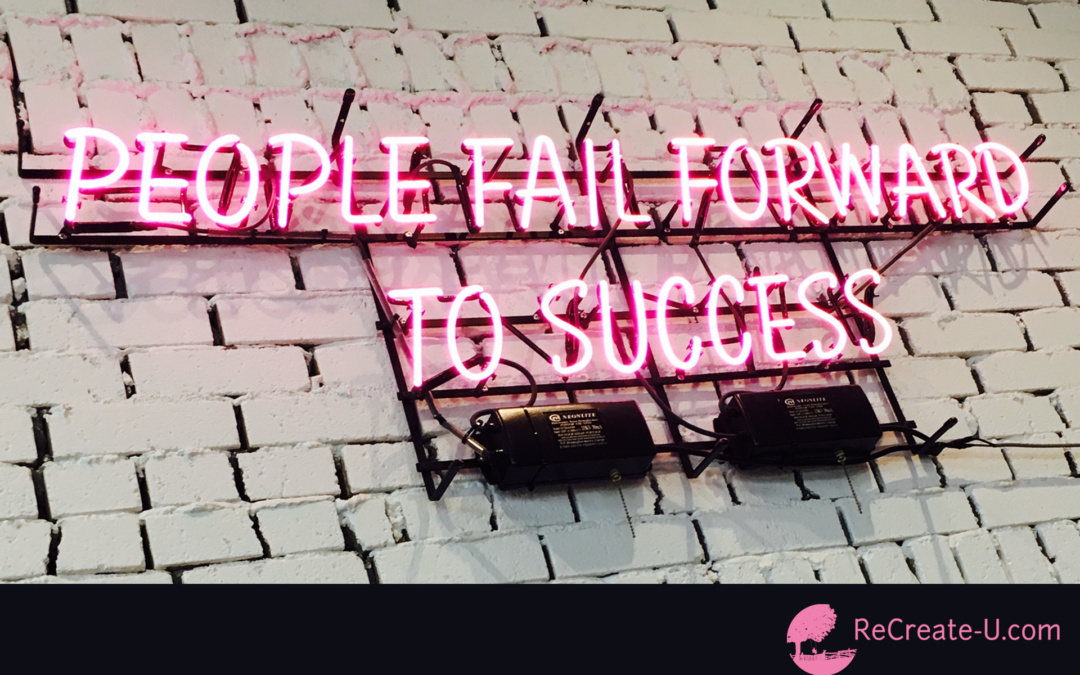Joy 101

[spacer height=”30px”]
When individuals hear the word joy, the image of wide and bright smiles may initially come to mind. On the surface, happiness and joy may seem synonymous. Although closely related, there is a stark difference between the two, specifically it is the attitude of choice.
Joy vs. Happiness
One noteworthy essay describes happiness as “depending on external factors to exists.” Therefore, individuals may get into the routine of saying, “When this happens, I’ll be happy.” This if-then mentality sends us into a never-ending cycle of waiting on happiness to fill a potential void and puts your happiness in the hands of Future. Joy, on the other hand, is more spiritual in nature. In fact, many religious denominations place joy as a sacred or holy emotion.
Something that is seen as a blessing or rewarding occurrence. However, universally, joy is accepted as a choice one makes. Despite various circumstances, whether financial hardships or personal differences, a person who chooses joy still maintains a positive outlook towards the future. Their joy is ever-present and consistent despite situations of despair.
Happiness is often times momentary and matched with a state of euphoria. Within the moment, there are no other negative influences that could drastically impact the level of happiness one experiences. Because of this emotional focus, happiness is only limited to circumstantial occurrences.
How Joy is Life-Changing
Since joy is a choice, this means it takes a concerted effort to achieve. It is quite simple to bask in the stress, negativity, and despair so prevalent in the world today. Certain situations can even make it easy to become victimized. Because of this, learning how to choose a joyous spirit is vital. One simple way to do this is to practice kindness, even when it’s difficult. This is especially necessary for employment where things can get hectic.
Clashing personalities, strict deadlines, and even unmanageable colleagues can make work-life a dread. However, you have the power to remain positive in the midst of negativity. Walk into the office with a smile and strive to be kind to everyone you encounter.
Don’t respond to negativity with combativeness. Instead, find your inner peace that cannot be destroyed. This mentality goes far beyond the office. It transcends to every avenue in life. If you suffer from disappointments, hard times, or failure, try to find the learning experience within.
This will empower you to push forward and find delight in your experiences whether positive or negative. This new mentality is life-changing because it forces you to find the positive in whatever you are handed. Unlike happiness which comes and goes, choosing joy lasts beyond the circumstantial positives. It can help mold and guide you throughout life’s difficulties.
How to Develop Joy
One of the primary ways to develop joy is to find meaning and purpose in everything that you do. This will give you a sense of living as opposed to living for something. One popular news source suggests “connecting authentically” with those around you. As opposed to searching for vanity or the negative, find a way to really get to know those in your sphere of influence. This will help you to develop a deeper human connection.
In addition, remaining humble and grateful are two primary ways to further develop your joy. When you focus on the good that your life has, you have no reason to be down or remorseful. In addition, understanding your limitations in comparison to the huge universe will help you to not take life too seriously. By focusing on heightening your connective awareness, you will be able to develop long-lasting joy.
Joy can help you to serve others, be a better friend, employer, person, and advocate. It provides you with a sense of fulfillment even during harsh times. In order to live a life filled with purpose and sanity, it’s imperative that you learn how to choose joy every day.
[spacer height=”30px”]
–


